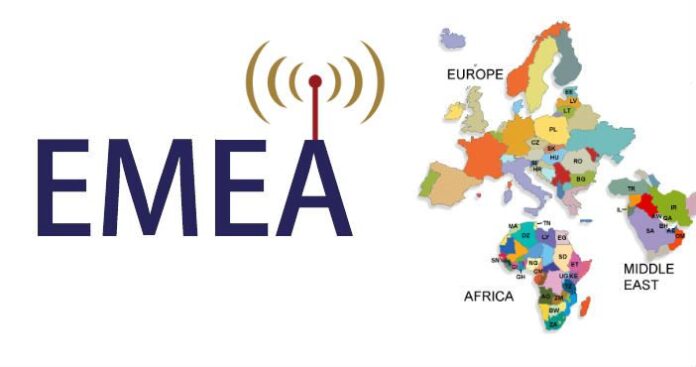Popular topics seem to always include LTE news, government oversight concerns (see the view in Germany) and customer service complaints. So we’ll go with these for today’s commentary.
LTE
Although it seems LTE deployments are moving slower in Europe then in the United States, there still continues to be regular news in this space. I must admit it’s mainly coming out of the U.K. though. A few announcements of late to keep an eye on the activity here.
Vodafone and Telefonica UK (O2) signed a 10-year agreement with Arqiva in order to accelerate its LTE deployment and hopefully gain ground on EE, which is well advanced of it at this point. Arqiva owns 16,700 sites across the U.K. and will be sharing these sites with Vodafone and O2.
Vodafone has also been talking about its voice-over-LTE activity. Of course other operators are also testing VoLTE, but what’s interesting is that Vodafone is talking about it in the context of the implications to the end user and explaining it in a language an average end user could actually understand. Also interesting is the discussion around battery life implications, something near and dear to most smartphone users. It’s worth taking a look at the company’s blog here.
 On the flip side, Vodafone is having trouble finding customers willing to pay for 4G. Is the problem 4G or the price point or more specifically Vodafone’s price point? The graphic to the right, originally published by the Daily Telegraph, would imply the later. Here we seem to go again with the ‘it will let you go faster’ argument. I would hope this lesson has been learned by now that customers won’t pay more unless they understand how it changes their world and to explain this in language they understand.
On the flip side, Vodafone is having trouble finding customers willing to pay for 4G. Is the problem 4G or the price point or more specifically Vodafone’s price point? The graphic to the right, originally published by the Daily Telegraph, would imply the later. Here we seem to go again with the ‘it will let you go faster’ argument. I would hope this lesson has been learned by now that customers won’t pay more unless they understand how it changes their world and to explain this in language they understand.
Government Oversight
In Ukraine, the parliament has approved a first draft of a law that basically allows blocking the media when deemed in the ‘best interest’ of public safety. If this law is passed it would allow the National Security and Defense Council (RNBO) the following forms of intervention against freedom of the press:
- Suppress dissemination of any national or international media
- Block any website on the grounds of protecting security and national interests without referring to a court
- Limit or ban the activity of media or other sources of information, including on the Internet
- Banning the production or dissemination of any printed product or other informational content
- Broadcasting of television or radio stations and the use of Ukrainian broadcast frequencies can also be banned
And in Russia you are now required to prove your identity before using public Wi-Fi. I’ve had to register to use public Wi-Fi by giving my email address pretty regularly, but the thought here is that you give your mobile phone number and get a password in order to access the connectivity. To me this seems more invasive then email. Although I assume, like me, most people have an email address they use when they don’t want to get unwanted mail in the future. Seems a bit overkill for Wi-Fi access. But then by 2016 all websites operating in Russia will be required to retain their data on servers located in Russia. So we can all see the direction this is going.
Customer Service
EE, which has been rated very low for customer service versus its U.K. counterparts according to Ofcom, launched a new fee-based customer service program. As of 6 August, new SIM-only customers calling customer service no longer have free access. Well the first 30 minutes are free if you get through that fast, but then the cost is 25 pence (42 cents), regardless of the call length. In addition, a Priority Answer desk has been added for these same customers for an additional 25 pence per call, for a total of 50 pence (84 cents), which let’s you move to the head of the line. This has caused a great deal of uprising within the market regarding the unfairness of being able to jump to the head of the line by paying. I’m going to play a bit of devil’s advocate here, but isn’t that the way most loyalty services work — check in desks, airline lounges and check ins, credit card and airline card customer service, etc. Granted you don’t pay a fee per call, but you certainly had to spend more money then others did to access this level of service. Just something to consider.
EMEA in perspective is a Monday column focused on the identification of regional trends and outcomes of the prior week’s news. Claudia Bacco, Managing Director – EMEA, has spent her entire career in telecom, IT and Security. Having experience at an operator, software and hardware vendors and as a well-known industry analyst, she has many opinions on the market. She’ll be sharing those opinions along with ongoing trend analysis for RCR Wireless through daily contributions going forward.

